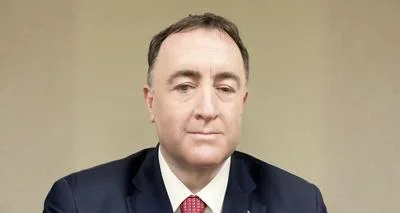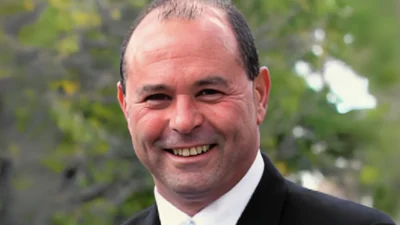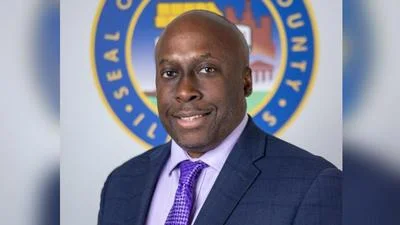The National Community Pharmacists Association (NCPA) is holding its Congressional Pharmacy Summit today in Washington D.C. to lobby members of Congress on its legislative agenda, particularly House Resolution 793, -- a measure that has drawn a lot of criticism from opponents such as Citizens Against Government Waste and the National Center for Policy Analysis.
H.R. 793, also known as the Ensuring Seniors Access to Local Pharmacies Act, is sponsored by Illinois Congressman Dan Lipinski (D-District 3) and aims to mandate “any willing pharmacy” (AWP) participation in Medicare Part D preferred networks.
AWP laws allow community pharmacies in underserved areas to participate in all Medicare drug plan networks, which include discounted or “preferred” networks.
Thomas Schatz, president of Citizens Against Government Waste, wrote a letter to members of the U.S. House earlier this month, asking them not to support H.R. 793 or H.R. 244 – which calls for transparency between prescription drug plan sponsors and pharmacies -- as both would interfere with price negotiations and preferred pharmacy networks.
“H.R. 244, the ‘MAC Transparency Act’ and H.R. 793, the ‘Ensuring Seniors Access to Local Pharmacies Act,’ may sound like prudent concepts, but in reality they would stifle competition and drive up costs for Medicare beneficiaries and taxpayers,” Schatz wrote.
Health care expert Devon Herrick of the National Center for Policy Analysis also expressed concern with the proposed bill in a column, stating that such legislation “weaken the tools insurers and PBMs use to negotiate low drug prices with pharmacies on consumers’ behalf.”
“The way it typically works, Medicare Part D drug plans are all private, they were purposely set up to be private and are administered by private firms that compete with each other and drive hard bargains with drugmakers as well as pharmacies to get the price as low as possible,” Herrick told West Cook News. “If you look at their track record, they’ve done a pretty good job. The total cost for the program is way below the CBOs (Congressional Budget Office) expectations back in 2003.”
One of the ways Medicare tries to save money and lower premiums for seniors is the use of exclusive provider networks, Herrick explained.
“The reason that works are not particularly narrow," he said. "I’ve talked to seniors who are hoping all of the pharmacies they would ever go to are in their networks. But the pharmacy industry, the trade associations don’t like the narrow networks. They promulgate laws in state after state trying to require drug plans to basically let any pharmacy fill a prescription who will abide but the terms."
The Federal Trade Commission has stated in numerous opinions that such laws drive prices up, Herrick said, because part of the reason for preferred networks is to drive business to firms willing to offer a better deal.
“So the bill (H.R. 793) is essentially backed by pharmacies trying to change federal law," Herrick said. "Of course Medicare Part D is federal. State laws do not affect how a federal program works. And so that was a chance (for) Congress to take some of the regulations at the state level and force it on the Medicare Part D program. I am not a fan of those kinds of laws and the Federal Trade Commission is not either."
Herrick said he has talked to many seniors who have indicated that their drug plan network isn’t narrow and includes every pharmacy in their neighborhood.
“Theoretically, if you go to a preferred pharmacy those co-pays and prices for a senior should be a little bit lower than if you go to a non-preferred pharmacy, and the reason they can do that is they are driving business to those pharmacies in return for offering better deals on drugs,” Herrick said. “And you would see that pretty much stop if there was no such thing as preferred pharmacy. That is essentially what you would have, there would be no preferred pharmacy, there would just be pharmacies.”
Herrick added that pharmacies that are not included in the preferred pharmacy network constantly lobby politicians to sponsor bills that eliminate competitive practices.
“There was just a regulation passed in Oklahoma, for example, that took an earlier law from last year that allowed pharmacies to contest fees, MAC (Maximum Allowable Cost) list fees, they thought were too low,” he said. “They changed just a couple of words; they changed MAC list to reimbursement amount and that opened up the ability to dispute contractual arrangements to name brand drugs. So it is an ongoing battle and it happens mainly at the state level, but that is an example that is happening at the federal level as well.”
Lipinski did not respond to a request for comment.





 Alerts Sign-up
Alerts Sign-up